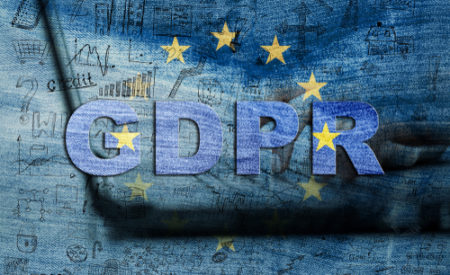The IDC predicts that by 2025 worldwide data will grow by 61% to 175 zettabytes. As one would expect, more emphasis is being placed on regulating the retention and use of this data and it will continue to be an important topic. Regulations such as GDPR and POPIA (download our POPIA compliance handbook here) are crucial considerations when ensuring a company is being compliant.
Many businesses have found a distinct lack of credible expertise; people with knowledge of both the law and SAP technologies. SAP landscapes can be large, disparate and complex and finding people who understand it all is challenging. We help SAP customers to become compliant, through effective SAP data & document management, using SAP best practices and functionality.










